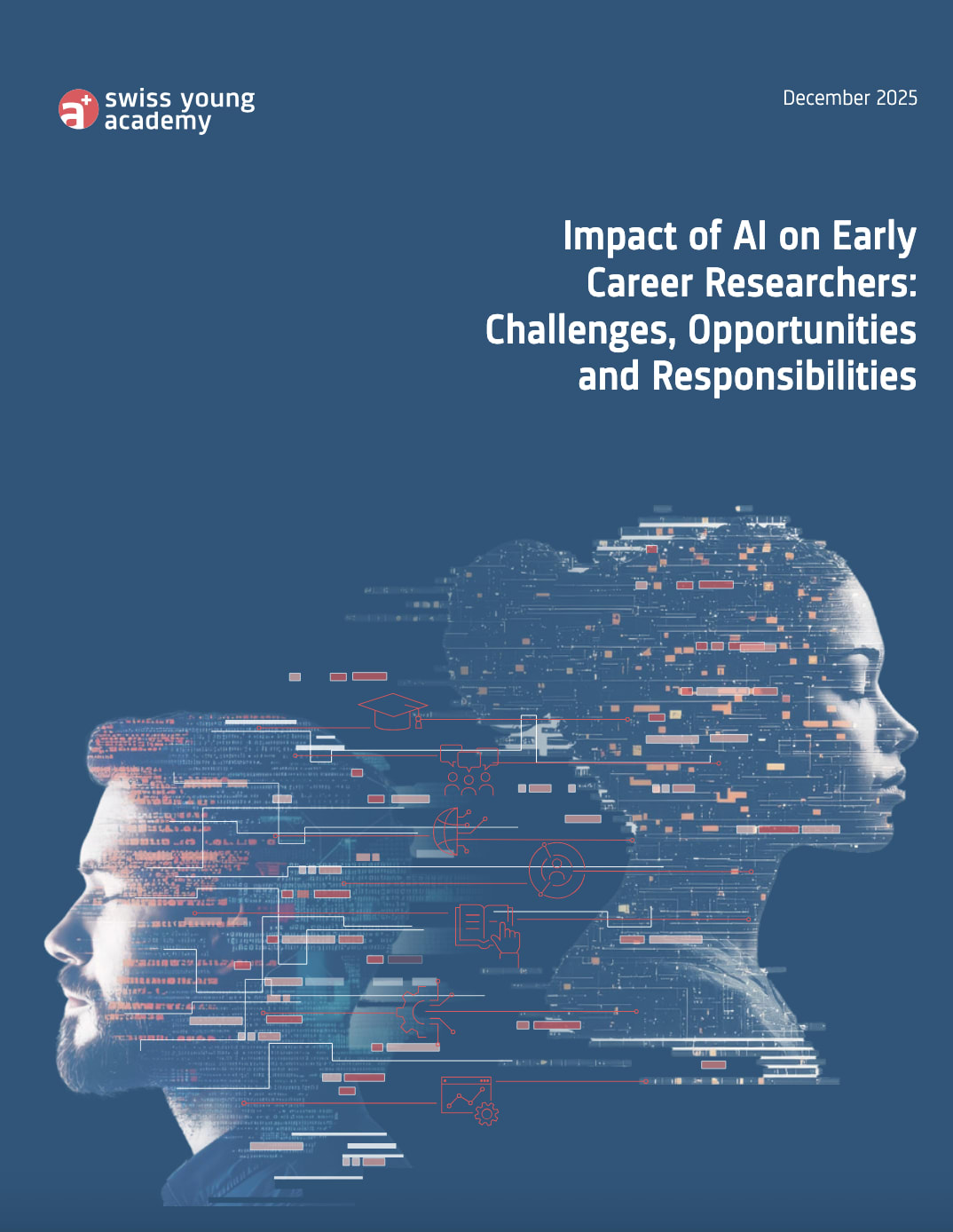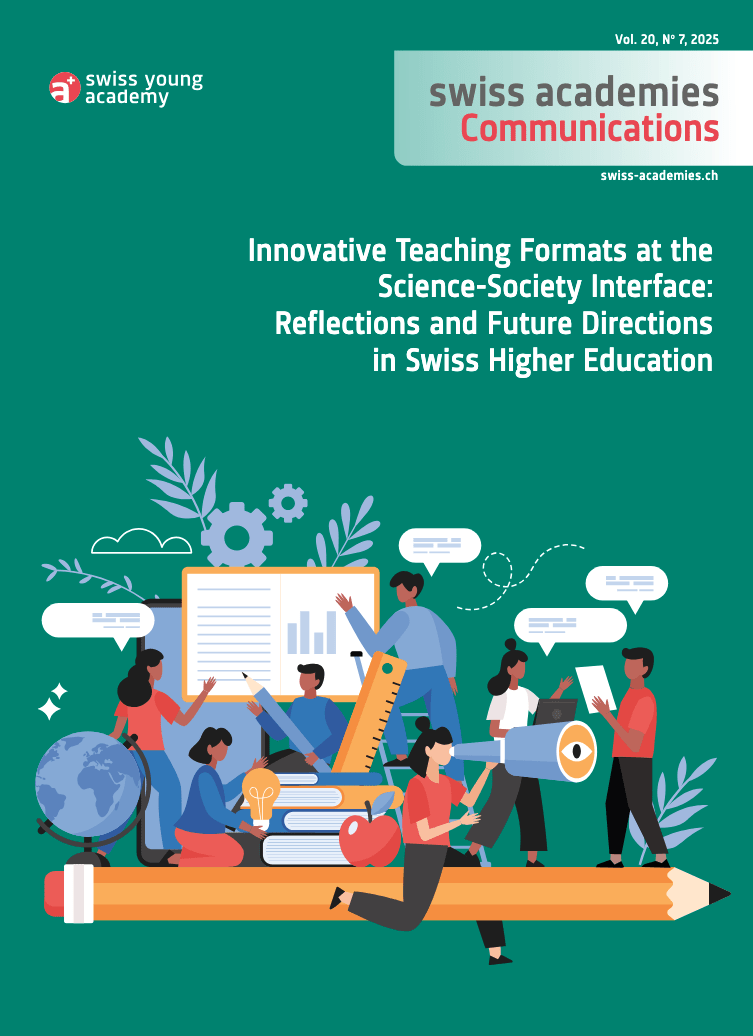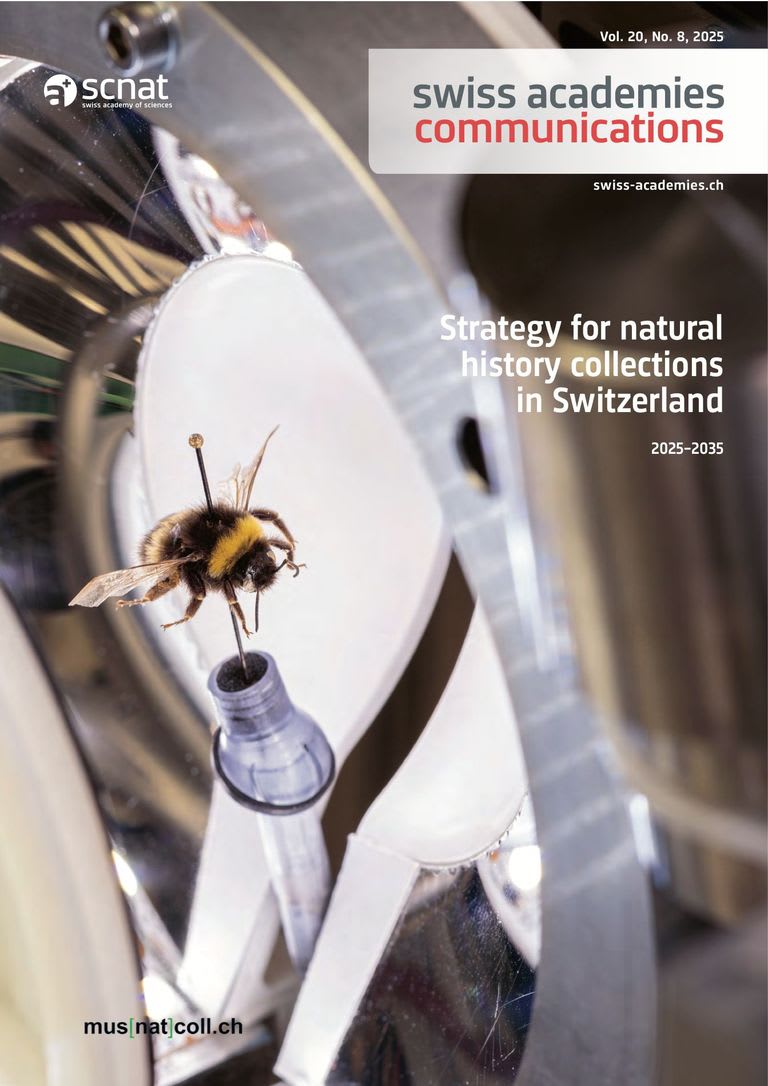Swiss Academy of Sciences SCNAT
Übermässige Stickstoff- und Phosphoreinträge schädigen Biodiversität, Wald und Gewässer
SWISS ACADEMIES FACTSHEETS, VOL. 15. NO. 8, 2020
In der Schweiz gelangt nach wie vor zu viel Stickstoff und Phosphor in die Umwelt. Kritische Belastungsgrenzen für Stickstoffeinträge in die Umwelt sind vielerorts deutlich überschritten. Vor allem die Stickstoff- und Phosphorüberschüsse der Landwirtschaft und die Stickstoffemissionen des Verkehrs belasten die Umwelt und beeinträchtigen die Biodiversität, die Luft, die Gewässer- und Trinkwasserqualität sowie die Waldfunktionen stark.
Zudem verstärken sie den Klimawandel und beeinträchtigen die menschliche Gesundheit. Ursachen wie auch Auswirkungen der übermässigen Einträge sind wissenschaftlich seit Jahrzehnten gut dokumentiert. Allerdings ist kaum eines der diesbezüglichen vom Bundesrat verabschiedeten Reduktionsziele erreicht. Sollen die negativen Effekte auf die Biodiversität und Ökosystemleistungen verringert werden, sind die Ursachen für die übermässigen Einträge dringend anzugehen. Dieses Faktenblatt zeigt hierzu Handlungsansätze auf.
Guntern J et al. (2020) Übermässige Stickstoff- und Phosphoreinträge schädigen Biodiversität, Wald und Gewässer. Swiss Academies Factsheet 15 (8).




